Why don't we have hit TV serials like Ankahi anymore? Writers weigh in
All is not well in the world of Pakistani television drama.
Television has ceased to exist as a medium of family entertainment. There was once a time when the roads of Karachi would wear a deserted look as entire families settled down in front of the television to watch the 8pm drama — Haseena Moin’s Ankahi, for example — followed by the 9pm news bulletin known as Khabarnama.
There was no social media, YouTube or Whatsapp in those days, only the state-controlled Pakistan Television (PTV). But the absence of choice on television did not mean there was poverty of content. Despite there being one broadcaster, Pakistani drama was provocative and stimulating, challenging the taboos of the time. People were people, not puppets playing to the gallery.
There are no deserted streets anymore. Nor is there a legendary drama such as Ankahi that could draw audiences in. Times have changed but so, too, have storylines. But perhaps most of all, the consumer of dramas has changed.

“The target audience [of the drama industry] are 15-45-year-olds, middle-class women,” explains Amna Mufti, a novelist and TV writer who has turned her many novels into hit plays. These include Mol, Uloo Baraye Farokht Nahin and Akhri Station where she worked with Sarmad Ali Khoosat and Kashf Foundation to write powerful stories exploring different stories based on women’s issues and empowerment.
“The topics that they most like to see on TV revolve round saas bahu [in-laws] and childbirth issues which get high ratings.”
Indeed, as the private television industry has become entrenched, ratings have become a crucial factor in what kind of content is produced and “sold.”
“The industry apparently receives ratings from the media [monitoring] departments and according to that, content policies are made,” says Mufti. “This feedback is received from random 5,000 homes and whether they are all over the country or belong to a particular socio-economic background, who knows.”
Going by what Mufti and other veterans of the industry say, the advertiser of drama serials now understands that men, who according to them prefer watching news channels, are not their target audience. This has created a divide within households, in sharp contrast to yesteryear when the whole family watched PTV together.
“Men and women who can’t relate to the domestic-type issues don’t watch TV plays any more, neither do educated women. We have lost our educated TV audience,” adds Mufti.
“The most vulnerable or impressionable consumer group from the advertising point of view are women and children,” states Mufti. “Since the advertisers support the drama industry, the advertising is women-centric. What will a man buy other than a house and a car?”
In other words, advertisers differentiate between content for men and content for women.
“Car and house ads are not run during the commercial break in drama serials,” adds Mufti. “Men and women who can’t relate to the domestic-type issues don’t watch TV plays any more, neither do educated women. We have lost our educated TV audience.”
Indeed, times and parameters have changed. An average of 40 plays are screened per week each afternoon each day across the dozen entertainment channels, reruns included. In the backdrop of the curious ratings mechanism, while the capital involved in the present-day drama industry may have soared, the standard of production has plummeted.
The stories mainly revolve round domestic disputes and the sacrificing, miserable woman (Nirupa Roy lives!) mentally and physically abused by the husband and conniving in-laws, who is pushed, shoved and burnt alive by brothers or thrown out on the street by the evil spouse. A slap or two on the face and being dragged across the floor and pulled by her freshly blow-dried hair only generates higher ratings. This woman has no self respect/esteem, little or no common sense, a high sense of sacrifice and over-active tear glands.

Only a few of the drama stories are positioned to reflect and explore serious social issues. Last year, of the roughly 100-odd prime-time serials only a handful — Sammi, Sange Mar Mar, Rangreza, Mohabbat Tum Se Nafrat Hai, Gumrah, Iltija, Sun Yaara and Piyari Bitto — told stories off the beaten track.
This year, so far, only Dar Si Jaati Hai Sila, Nibah, Visaal, Rashk, Tum Se He Taaluq Hai, Lashkara, Khasara, Meri Guriya and Ghar Titli Ka Par had different storylines from the rest. Generally there is a superabundance of inane storylines that one has to trawl through.
Yet the run-of-the-mill domestic sagas do seem to be cashing in from the ratings circus. And women audiences are lapping it all up on TV and on YouTube which has created a huge audience of Pakistanis (and Indians) living abroad.
Fasih Bari Khan, writer of several highly-acclaimed yet controversial TV plays, seems to be an oddity in these times. His dramas such as Quddusi Sahib Ki Bewa (QSKB), Burnes Road Ki Nilofer, Mohabbat Jaye Bhar Mein and Tar-i-Ankaboot mock society's hypocrisies and pretentiousness and its sanctimoniousness values in gritty storylines. Not surprisingly, his inspiration is drawn from PTV’s golden era.
“Scripts get dictated by wherever the funds are coming from for any art form,” says Gul. “The writer hardly has any control over the story [any more].”
“In the PTV era,” narrates Khan, “there were people like Aslam Azhar and plays used to have names with deep meaning — Amaawas, Barzakh, Samchoor, Zangaar — so that people would be compelled to think about what it means and how it reflects on the story. That doesn’t happen anymore. What we have now is Mohabbat Zindagi Hai or Piya Baydardi! If a story is good, the name and the story get rehashed a few times. There is nothing new, nothing creative, makhi pe makhi, buss [nobody thinks outside the box]!”
For Bari, there was a glorious tradition and legacy bequeathed to the younger generation by scriptwriting legends such as Ashfaq Ahmed, Bano Qudsia, Anwar Sajjad, Sarmad Sehbai, Younus Javed, and Amjad Islam Amjad, among others.
But even if they were around, would they have been successful in penetrating the market today?
Saji Gul, a playwright whose stories are woven into an intricate web of psychological traits and social concerns (Sanata, Iltija, O Rangreza), feels that it has become difficult for someone who knows how to write drama to actually write drama.
“For someone who doesn’t know how to write drama, things are easy,” says Gul. “You really have to write for the idiot box, the more knowledge you have, the more in-depth you go, people don’t seem to understand.”

What about Aakhri Station and Udaari that presented powerful stories but were produced in collaboration with NGOs?
“Scripts get dictated by wherever the funds are coming from for any art form,” says Gul. “The writer hardly has any control over the story [any more].”
Bari points to the two main types of characters that women actors are expected to play these days.
“Sometimes even actors doing the downtrodden, victimised woman are not ready to play these roles,” he says. “The other woman that we see is the progressive one in the NGO-supported plays.”
Gul argues that this anomaly only happens since funds are coming in irrespective — even if the ratings go down, the channel is not completely dependent on advertising.
“The content departments are policy-makers,” he contends, “and the day they decide they want to bring variety in their drama, you will see all kinds of plays, but not otherwise.”
For Mufti, there is a problem at the policy end.
“Content people cannot even speak Urdu or English properly,” she says. “They are people with limited thinking, small minds and zero exposure to reality of life. Sadly, we have given them a huge legacy of ours to destroy.”
“Ninety per cent of the content people in all channels have limited shallow thinking. They would rather spend money on glamour than on historical drama,” says Bari.
Mufti argues that most people writing storylines now have not studied literature or anything literary, “not even read Razia Butt.”
“Producer ki bhabi bhi likh rahi hai [people are dictating content just because they are related to the producer],” she quips. “A politician can stake his life to get some airtime on news channels but airtime on entertainment channels is thrown out to idiots as far as drama is concerned. This is what the new generation is being brought up on.”
So how do the policy-makers gauge their audiences?
“The audience is controlling a lot of dynamics these days and they are not ready for anything new,” claims Gul. “They just want to know what they already know. If you don’t need a teacher to teach something new to you, what purpose does the teacher have then? Sometimes actors refuse to work if they see some serious stuff under production because they are concerned about ratings. Then the channel raises the argument that why do we, the writers, create something that actors don’t want to work in. One of my projects was shelved for three years [because of this] and yet when it went on air, it actually got a good response.”

Bari disagrees that the audiences are responsible for the declining standard of content. “These are the same audiences who watched plays where streets became empty, they appreciated the work of the masters,” he says.
“Whatever we show people, they will become addicted to it. Owing to their lack of knowledge, content developers are satisfied with poor quality of work. They have created an audience who likes to watch a woman being victimised and beaten. Once I was told that your play is too dark and it will not bring in ratings. I still went ahead with Behkawa. But Taar-e-Ankaboot was taken off air halfway.”
Gul agrees with Mufti about the popularity of women-centric stories. “A man’s story has shown ratings to drop badly so there is no audience for any other type of story,” he says and explains how the drama circus translates into money.
“They look at the history of ratings, same as the corporate sector. If ratings drop, they’ll never experiment with it again. It simply boils down to the fact that if the buyer is not picking a certain item, there is no reason to keep it on the shelf anymore. Also, it is not a question of writing a story that appears on screen as it is. The story goes through multiple stages of development such as production company, channel and distributors. By the time it goes on air it has already changed a lot.”
Has the infiltration of Indian content influenced our plays? “Our taste has been destroyed by Indian content to some extent,” Mufti laments.
“Content people want superficial and third-grade stuff written by munshis [clerks] who can take dictation. These writers are influenced by film, not literature,” says Bari.
Saji Gul says that deeper, intellectual content is considered dark and ultimately rejected. “Content people want the lighter side of life from us, glamour for instance,” he says.
“The stories they want revolve round a couple who love each other and if they get married, it is considered a marvel. There is a strange mix of religiosity. Also writers these days are not very well read,” he muses.
“If you are doing a story where the woman is portrayed negatively and the man isn’t, somehow you have to twist it round so that the man becomes negative otherwise the story would be rejected. In a set-up where serials such as Nagin become super-hit, if you want to sustain yourself in your career you have to be flexible at some point and give in. In most cases what I feel is bad and not up to the mark becomes a hit with the viewers. Captialism is destroying everything. Media is a part of this society and it is also becoming decadent like it.”

In the past we had historical content about Partition, Muslim rulers, kings, queens and warriors. But in recent times not much has been produced along these lines although the audiences lapped up Turkish serials such as Mera Sultan and Kosem Sultan. On the other hand the locally produced Mor Mahal flopped resulting in considerable financial losses. Gul believes nobody is ready to take a risk with historical plays which generally have a huge budget.
“I wrote Ghughi, a period play for TV One,” says Mufti. “Everyone worked hard on it and no stone was left unturned. The story was excellent and shot like a film but it seems our audiences don’t want to see period plays anymore. They only want to see Meenu Ka Susraal!”
Bari adds to Mufti’s censure. “I wrote a play called Saanp Seerrhi and it didn’t proceed according to plan because the story was set in 1857. Ninety per cent of the content people in all channels have limited shallow thinking. They would rather spend money on glamour than on historical drama.”
Can the situation be redeemed at all?
“Why not?” Amna Mufti sounds optimisitic. “What if the arty plays were shown at 11pm? You need an academy, too, along with commercialism. Why don’t they replay the PTV masterpieces. Hum ne serial ko kharab kar diya hai [We have ruined the TV serial]! But our taste is still intact. If it were so, people would not be watching the better-produced content from Turkey. Kharabi bahar se nahin ayee, kharabi andar se ayee hai [the problem is internal, not imported].”
Fasih Bari sums it up. “At the moment, content people want superficial and third-grade stuff written by munshis [clerks] who can take dictation. These writers are influenced by film, not literature. I have no hope whatsoever from these content heads. The worst is yet to come. As Faiz sahib said ‘Yemaatam-i-waqt ki ghari hai’. [’Tis a time to mourn]”.
Originally published in Dawn, ICON, August 19th, 2018






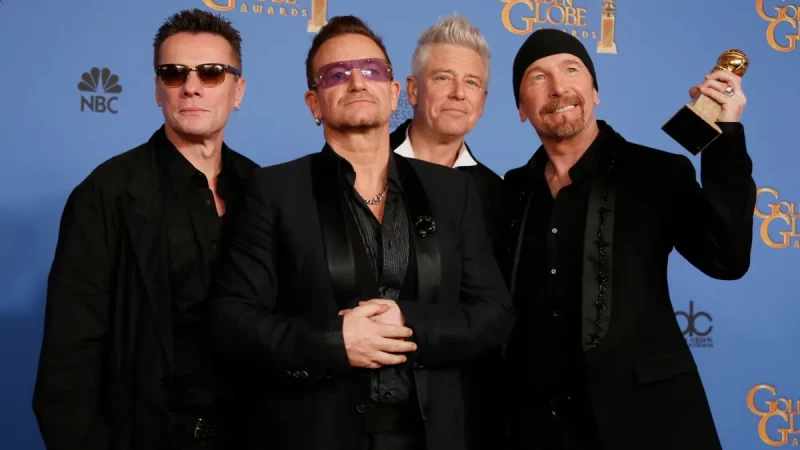
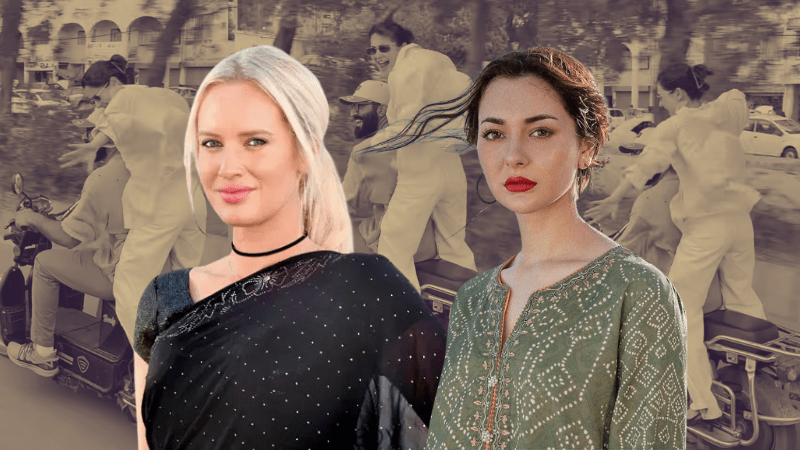
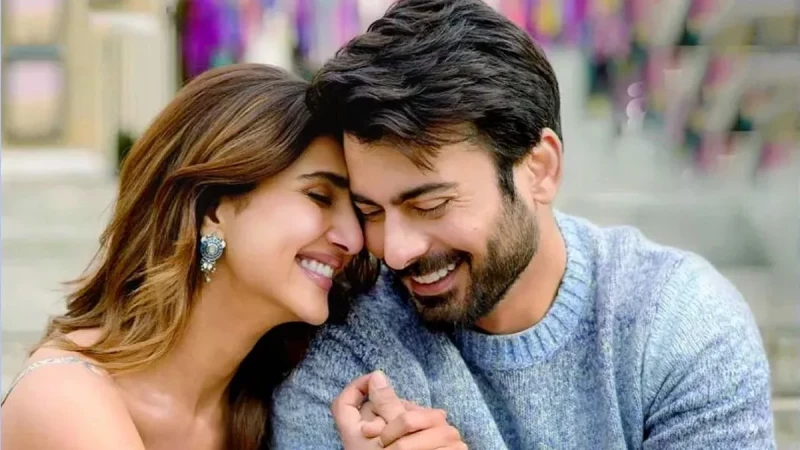
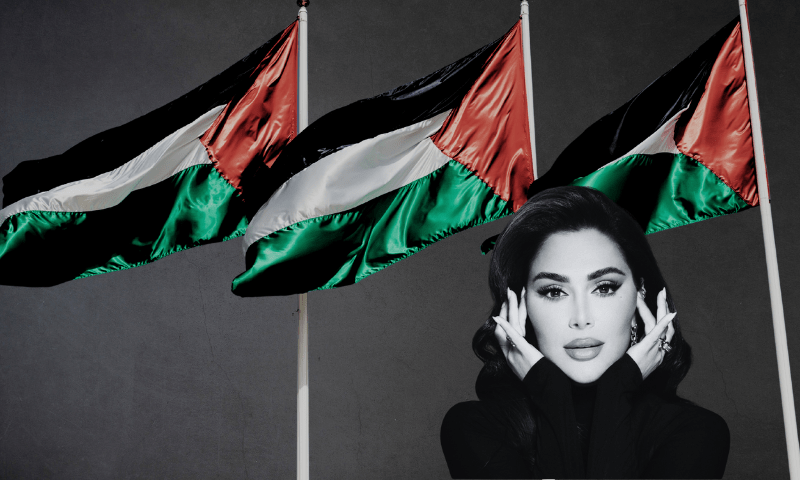
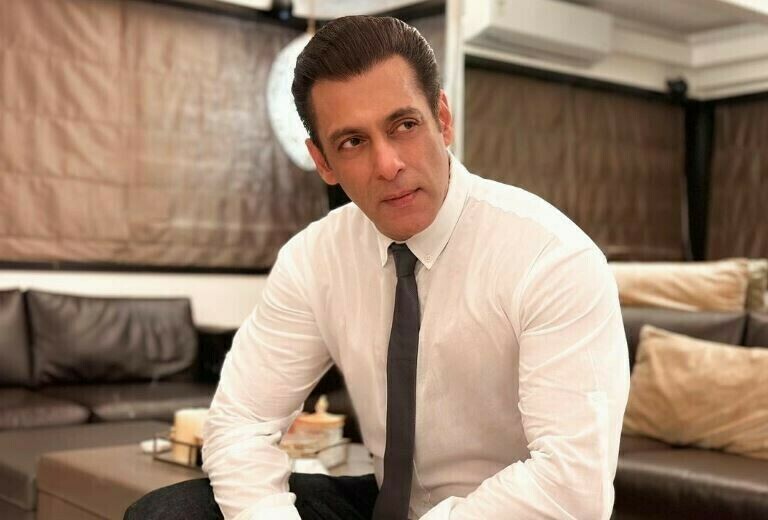
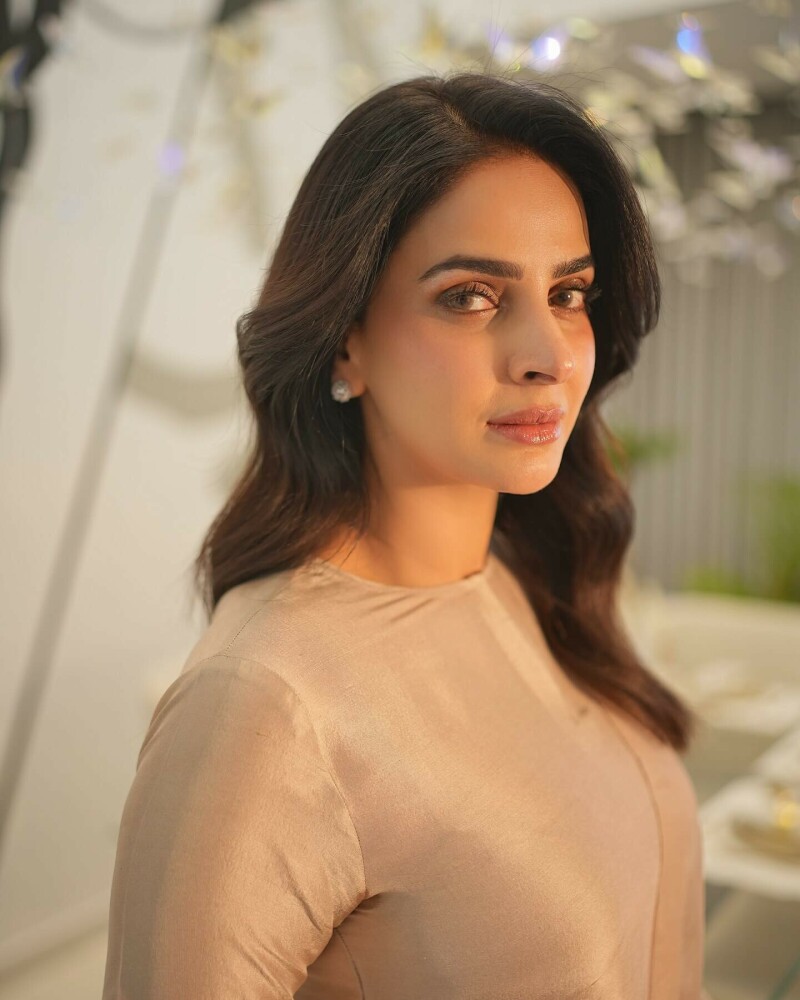

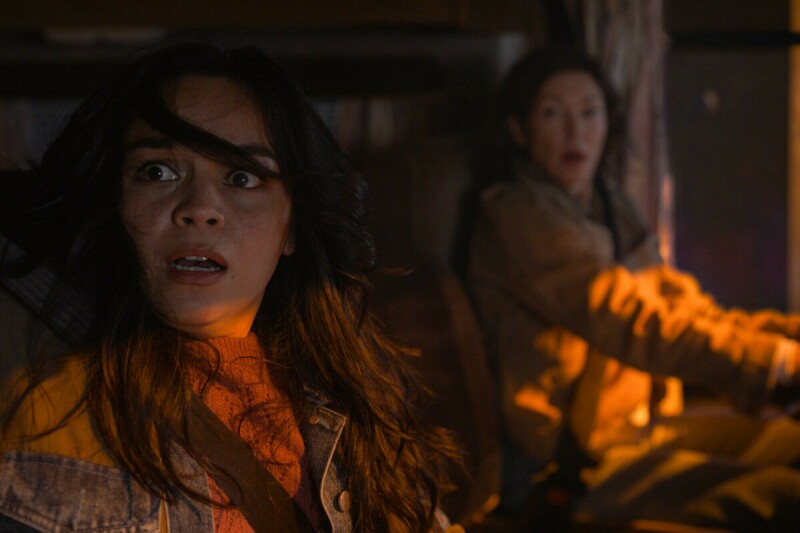
Comments